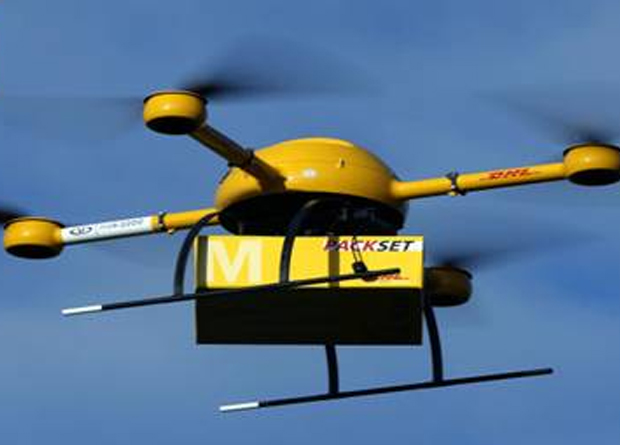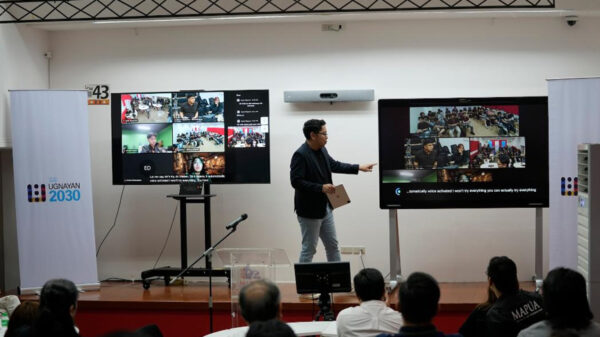A new report released by DHL and Cisco estimates that there will be 50 billion devices connected to the Internet by 2020 compared to 15 billion today.
The value at stake, combination of increased revenues and lower costs that is created or will migrate among companies and industries when new connections are made, reveals the huge potential when the Internet and networks expand their connections to warehousing, freight transportation and other elements of the supply chain.
“The overall level of global connectedness remains surprisingly limited,” said Ken Allen, CEO DHL Express and Board Sponsor Technology. “There is huge potential for countries to further increase their connectedness and prosper through trade, integration and technology. We believe the Internet of Things will be a primary enabler of this global transformation.”
DHL and Cisco Consulting Services are collaborating on a joint IoT innovation project that will improve decision-making in warehouse operations with near real-time data analytics based on Wi-Fi connected devices.
Game-changing consequences
For any organization with a supply chain or logistics operations, IoT will have game-changing consequences, from creating more ‘last mile’ delivery options for customers, to more efficient warehousing operations and freight transportation.
According to Cisco’s economic analysis, IoT will generate US$8 trillion worldwide in Value at Stake over the next decade. This will come from five primary drivers: innovation and revenue (US$2.1 trillion); asset utilization (US$2.1 trillion); supply chain and logistics (US$1.9 trillion); employee productivity improvements (US$1.2 trillion); and enhanced customer and citizen experience (US$700 billion).
“Digital disruption is all around us and it’s having massive implications for business. Digitization and the expansion of the Internet of Thingsis acatalyst for growth, which is driving new economic models and enabling organizations to remain competitive and embrace the pace of change happening globally. This report clearly demonstrates that digitization and the IoT will deliver long term efficiencies and growth opportunities across a wide range of industries,” commented Chris Dedicoat, president, EMEAR for Cisco.
According to the Trend Report, over the next decade, the logistics industry could unlock higher levels of operational efficiency as the IoT connects in real time millions of shipments being moved, tracked and stowed each day.
In warehousing, connected pallets and items will be a driver for smarter inventory management. In freight transportation, tracking and tracing of goods becomes faster, more accurate, predictive and secure while analytics of a connected fleet can help to predict asset failure and to schedule maintenance checks automatically.
Finally, connecting delivery personnel with surrounding vehicles and people can become a way of monetizing and optimizing the return trip to improve efficiency and service in last mile delivery. For customers, this means DHL can provide an even faster, more reliable and cost-effective service.
The connection of almost anything
“The Internet of Things is the connection of almost anything – from parcels to people – via sensor technology to the web and both Cisco and DHL believe this will revolutionize business processes across the entire value chain including supply chain and logistics,” said Markus Kückelhaus, Vice President Innovation & Trend Research, DHL Customer Solutions & Innovation.
“To get the maximum global economic benefit, we’ll need to understand how all components in the value chain converge and this will require a comprehensive collaboration, participation and the willingness to invest to create a thriving IoT eco system for sustainable business processes.”
Cisco Consulting Services and DHL are now also collaborating on a joint IoT innovation project that will improve decision-making in the warehouse operations through near real-time data analytics based on Wi-Fi location data of selected devices.
The solution is based on Cisco’s Connected Mobile Experiences (CMX) which uses the high-density wireless network to collect aggregate location data on Wi-Fi connected devices.




















































































































